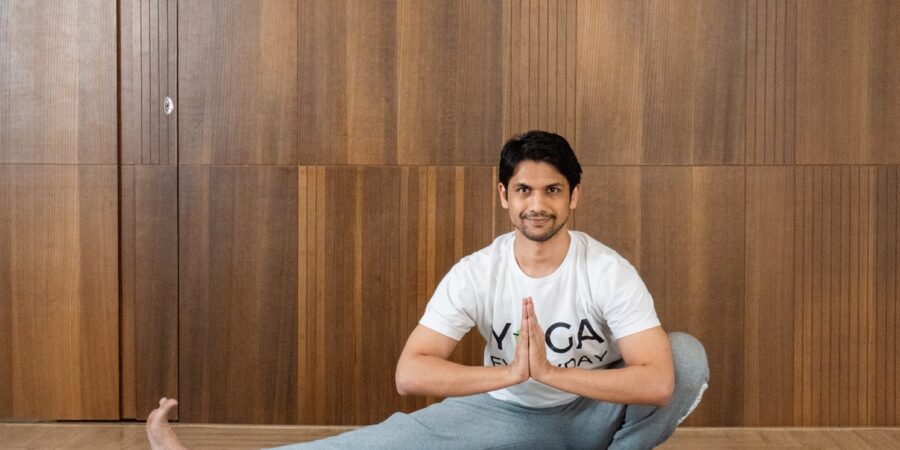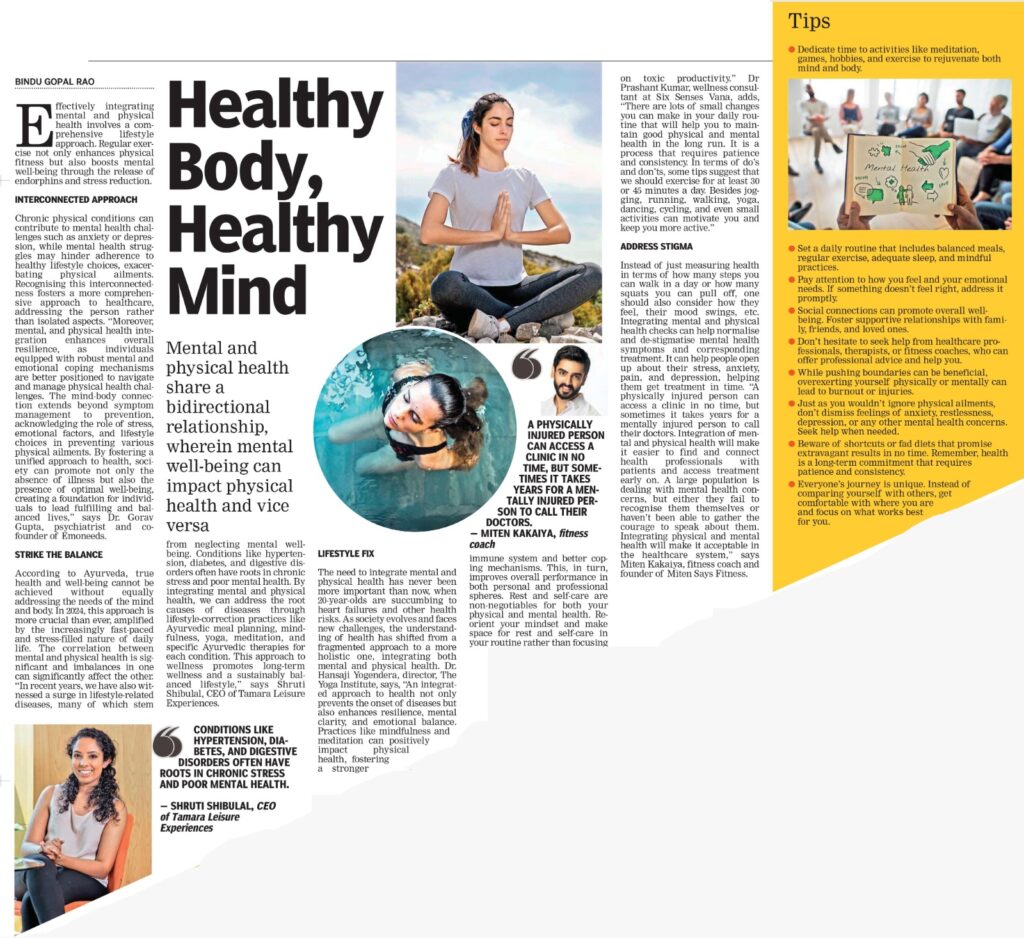Maintaining a balanced and nutritious diet supports both physical health and cognitive function, emphasizing the interconnectedness of mind and body. Prioritizing adequate sleep is crucial for overall health, influencing cognitive processes and emotional resilience. Stress management techniques, such as mindfulness and deep breathing exercises, contribute to mental health by alleviating stressors that can impact physical well-being. Seeking support through open communication, therapy, or medical advice ensures a holistic approach to health concerns. Holistic healthcare systems that bring together mental health professionals and physical health practitioners provide a more integrated and comprehensive approach. Cultivating mindfulness and self-awareness further enhances the understanding of how emotions and physical sensations intersect, enabling individuals to address issues proactively.
To become more effective, individuals can adopt positive habits and steer clear of common pitfalls. Setting clear goals, both short-term and long-term, provides a sense of direction and motivation. Prioritizing tasks by focusing on high-priority items ensures maximum productivity and the attainment of critical objectives. Developing strong time-management skills, breaking tasks into manageable chunks, and allocating specific time slots for different activities contribute to a more organized and efficient approach. Continuous learning and adaptability are essential, encouraging individuals to stay curious, embrace change, and adapt to new information and skills. Effective communication, both in conveying ideas clearly and actively listening to others, promotes collaboration and success. Building healthy habits, such as regular exercise, sufficient sleep, and healthy nutrition, supports overall well-being and sustained effectiveness. It is crucial to stay organized, collaborate with others, celebrate achievements, and reflect on experiences to continuously improve strategies. Conversely, avoiding procrastination, overcommitting, neglecting self-care, and refraining from excessive micromanagement contribute to a more effective and balanced approach to various aspects of life.
In contemporary healthcare, the integration of physical and mental health services has become a paramount focus, recognizing the profound interconnection between the two. One notable approach involves offering mental health treatment services in the same physical location as primary care services. This integration aims to provide comprehensive and coordinated care, acknowledging that mental health is a crucial component of overall well-being. Mental health platforms play a pivotal role in facilitating this convergence by creating a centralized space for individuals to access mental health resources seamlessly. Such platforms facilitate in-person consultation as well as telehealth solutions, enabling convenient and accessible mental health services alongside traditional medical care. This integrated model not only reduces the stigma associated with seeking mental health support but also ensures a holistic approach to healthcare, addressing both the physiological and psychological aspects of a person’s health.
Achieving mind-body wellness requires a multifaceted approach that addresses various aspects of lifestyle, habits, and mindset. Adopting a balanced and nutritious diet based on your unique constitution or dosha is fundamental. Fresh fruits, vegetables, whole grains, and lean proteins provide essential vitamins, minerals, and antioxidants that nourish both the body and mind. It is also important to keep in mind that each body is different and a diet should be planned in accordance with an individual’s constitution, challenges, and goals.
Engaging in physical activities that enhance physical fitness and mental well-being can do wonders. Yoga, a staple in Ayurveda, is an excellent choice as it combines physical postures with breath control and meditation in a manner that can be designed for all kinds of bodies and abilities.
Incorporating stress-reducing practices like meditation, deep breathing exercises, or mindfulness can greatly impact physical and mental health. Ayurvedic practices such as Shirodhara (pouring a continuous stream of oil on the forehead) and Abhyanga (self-massage with warm oil) are effective in calming the nervous system.
Prioritising quality sleep plays a crucial role in both mental and physical health. It is important to maintain a consistent sleep schedule, create a relaxing bedtime routine, and ensure a comfortable sleep environment.
- Implement changes gradually and consistently. Small, sustainable modifications to your lifestyle are more effective than drastic, short-term interventions.
- Practice self-awareness to identify stressors, emotional triggers, and physical symptoms. Regular introspection helps in making informed choices about your well-being.
- Recognise and understand your unique constitution and current imbalances through a consultation with an Ayurvedic practitioner and tailor lifestyle, diet, and wellness practices accordingly.
- Avoid neglecting mental health in the pursuit of physical fitness as it can lead to an imbalance in overall well-being. Recognise that both aspects are interconnected, and a holistic approach is essential.
- Limit your screen time, especially before bedtime, as it can disturb circadian cycles, impair sleep quality, and lead to mental weariness. Set boundaries and include screen-free times in your daily routine.
- Avoid long periods of physical inactivity and aim for a balanced and active lifestyle. Regular exercise has been shown to reduce stress, improve mood, and improve overall cognitive function.
The advent of technology, constant connectivity, and the blurring lines between work and personal life contribute significantly to mental health challenges. Simultaneously, sedentary lifestyles and poor dietary habits create to physical health issues. The intertwining of these factors necessitates a comprehensive approach to health.
Read the full story that first appeared in Deccan Chronicle dated 21 March 2024 here:

